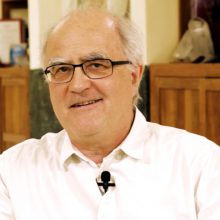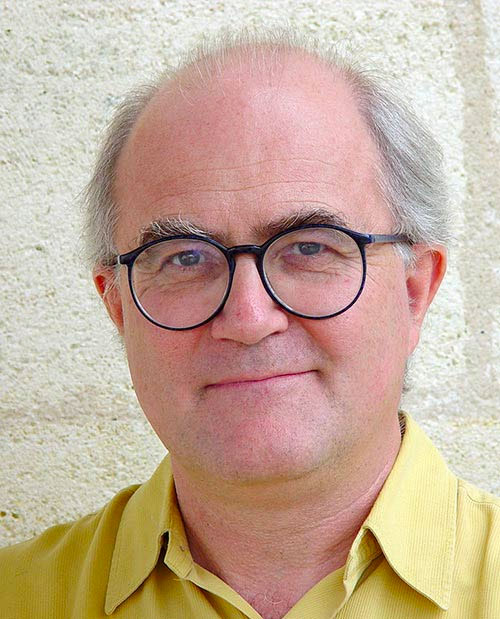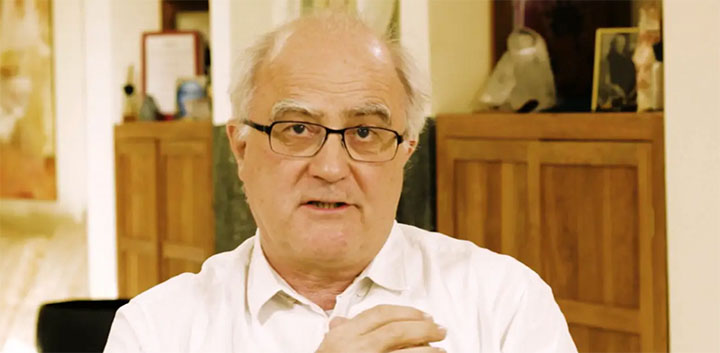Some twenty-five centuries after the Buddha first “turned the wheel of the Dharma,” his message continues to inspire people across the globe, including those living in predominantly secular societies.
With reference to the earliest canonical sources, in this course Stephen Batchelor will explore how one might re-imagine the Dharma from the ground up. He will seek to articulate a coherent ethical, contemplative, and philosophical vision of Buddhism for our times.
By presenting the “four noble truths” as four great tasks to be practiced in each life situation, Stephen will lay out the foundations of a contemporary culture of awakening that is no longer rooted in the traditional beliefs of the Buddhist religion.
This is a self–paced programme that you can work through as your daily life allows.





